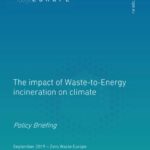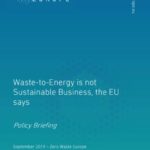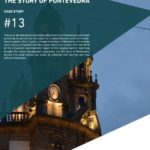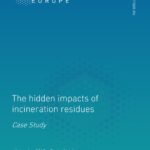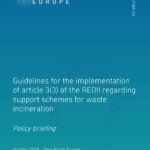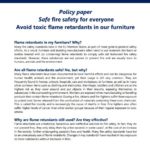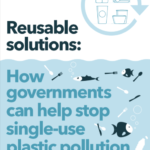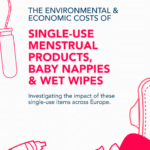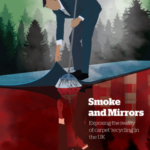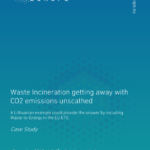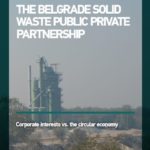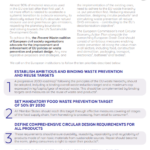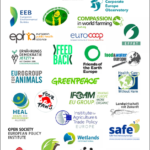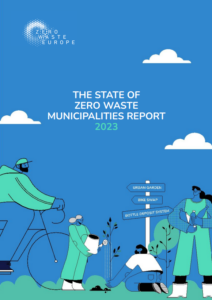Looking for a read to warm up the winter?
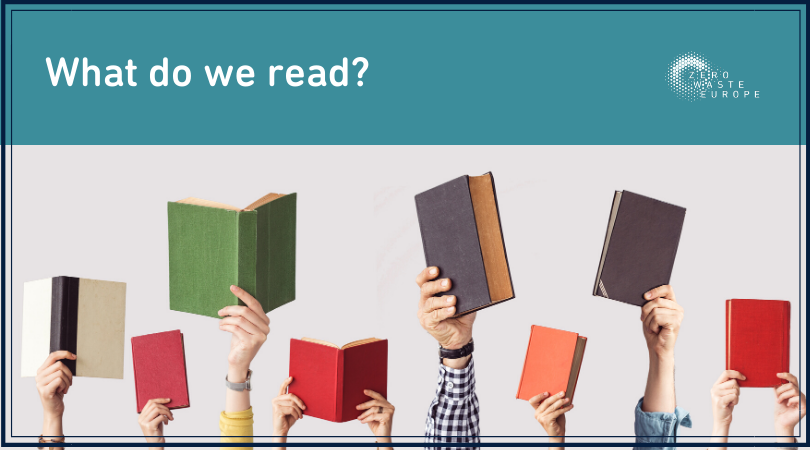
As the days get shorter, the weather gets colder, and all of nature seems to go into hibernation, there is really nothing quite like curling up with a good read.
When it’s cold outside, reading is really one of the best forms of self-care: sit back, pour yourself a cup of steaming hot tea, and grab the cuddliest blanket you can find as we have summed up our main publications from the latest six months, providing you with a “warm” recap of our most recent steps on the journey towards zero waste.
The second semester of 2019 started on a high note with a first of this kind study on Chemical Recycling. We looked into the state of implementation of technologies in the European context while giving policy recommendations to ensure Chemical Recycling complements, rather than jeopardises, a real Circular Economy. But if you are hungry for more, we also produced a blog and recorded a webinar to explore this new topic as we continue to hear from different stakeholders.
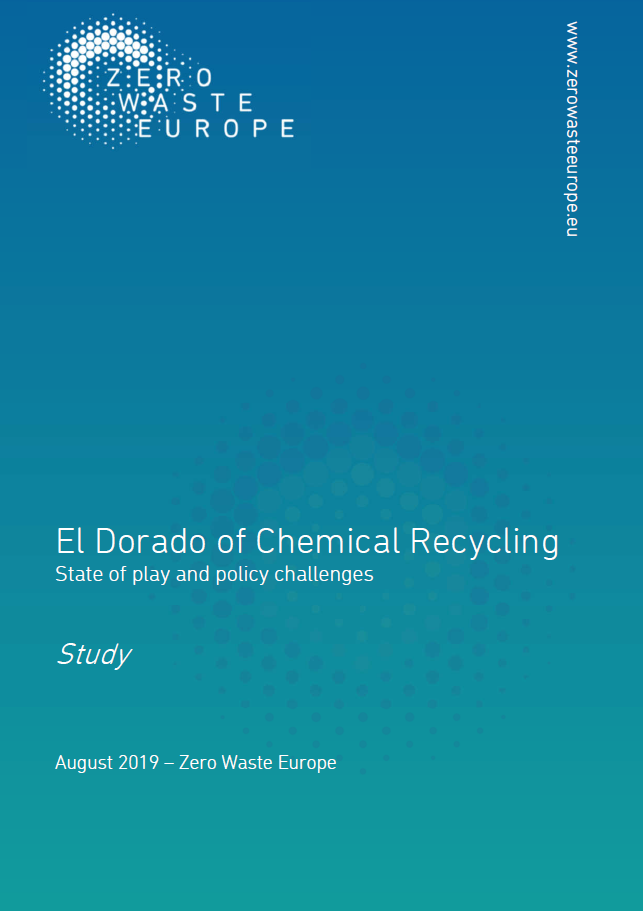
In September, we kickstarted the beginning of a new academic year with two Policy Briefings on the harmful impact of Waste-to-Energy on climate and why it should not be supported by any European funds.
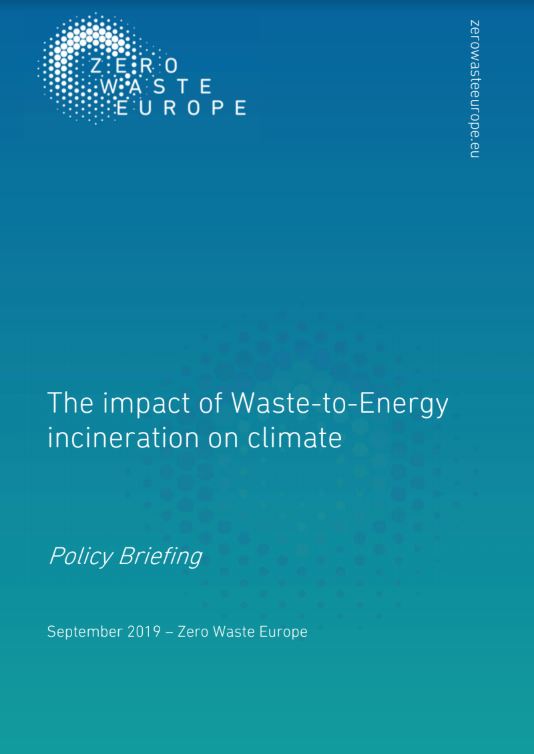
At the same time, the first months of 2019 also brought us to reflect more on the products we use in our daily lives. As we want them to be long-lasting, repairable, recyclable and toxic-free; we called European policy-makers to rethink EU product policy and improve product design with circularity in mind. Read the Policy Briefing with our repair instructions for a truly circular economy.
At the same time, we also released two Case Studies showcasing how cities are moving towards zero waste across Europe: Pontevedra in Spain and Salacea in Romania. Indeed, the city of Pontevedra managed to shift from an unsustainable, centralised and expensive waste management system, to a decentralised, community-led composting system for biowaste, thanks to the launch of a project named “Revitaliza” (discover more). While, the tiny Municipality of Sălacea, not only managed to quickly rise from almost no waste recycling to 40% in three months but also showed how the community reduced their overall waste generation by 55% thanks to a door-to-door collection system.
Then, in October, the EU revised its Renewable Energy Directive (RED) to set a common framework for the promotion of energy from renewable sources. As a result, we released a document to provide a methodology to guide Member States in implementing it in alignment with the circular economy.
Moreover, we stressed the harmful impact of Waste to Energy on our climate and health with another Case Study on the hidden impact of incineration residues in the Netherlands. Indeed, waste incinerators create a large amount of toxic residues (bottom and fly ash) which are increasingly used in so-called useful applications under the Green Deal agreement such as construction work. However, evidence shows that the current standards for the safety of this practice are outdated, posing a significant threat to human health and the environment. Read on!
The beginning of Autumn also brought us to reflect more on the products we use in our daily lives thanks to the latest Rethink Plastic Alliance’s report on reusable solutions which calls on European Governments to rethink our plastic production and consumption while pushing for reusable – and more sustainable – alternatives.
On another token, the Alliance for Flame Retardant Free Furniture released a Position Paper calling on EU-wide action against the use of flame retardants in furniture and bedding. The paper also points out the need for EU institutions to tap into the potential of toxic-free fire safety in support of a circular economy.
In November, we collaborated with Eunomia, UKWIN and the Changing Markets Foundation, to release a report which exposes the reality of carpet ‘recycling’ in the UK and beyond, read it here.
As we like to team up, we also co-wrote a report with ReZero, ReLoop and Break Free From Plastic on the environmental and economic impacts of single-use menstrual products, baby nappies, and wet wipes across the EU-28. But, stay tuned, the sequel is coming soon!
While approaching the holiday season, we published the 6th chapter of our series of case studies, Zero Waste Consumption & Production; where we showcase change-making initiatives from companies and individuals that are challenging and transforming current business models towards more sustainable use of resources. Indeed, the story of Unverpackt, written by our member Zero Waste Kiel, tells us how packaging-free shops are key to reducing our waste. Since opening in February 2014, Germany’s first packaging-free store Unverpackt has been pursuing a drastic reduction of packaging waste while motivating customers to rethink their consumer behaviors. More than 100 stores in Germany are already following this example and the zero waste retail movement has only just begun – find out more!
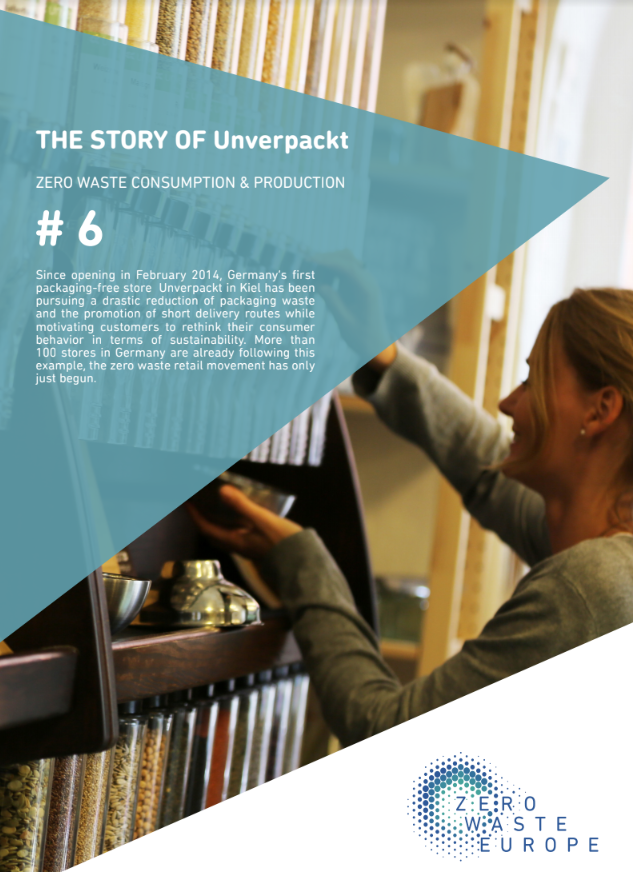
At the end of the year, we focused again on waste incineration as it has a high impact on our climate, yet it’s not part of any scheme to progressively reduce CO2 emissions. Therefore, we published a case study written by Žiedinė Ekonomika which uses the example of “Fortum Klaipeda” waste co-incineration plant in Lithuania to illustrate how waste incineration could be included under the EU ETS at EU or national level, and outlines the potential impact of such an inclusion for better waste management in Europe.
To stress the same point, we also published an analysis on the Belgrade solid waste public-private partnership (PPP). A case plagued by legal irregularities which circumvented binding decision-making processes. Curious to discover more? Read the study!
In 2019, we have also called on EU leaders to improve and further enforce EU policies on waste prevention. Indeed, as part of the Prevent Waste Coalition, we have released 10 priorities to transform EU waste policy calling for concrete measures that enable the prioritisation and implementation of effective waste prevention measures.
To conclude, right before the winter break, we joined forces with 31 other civil society organisations to call on European Institutions to highlight the priorities and actions that the Farm to Fork (F2F) strategy should have in order to provide a coherent response to societal concerns about biodiversity, climate change, health, workers income, social equity and animal welfare, amongst others (have a look at the letter).
Now you are all caught up and ready to follow us in 2020 but… if you want to keep up to date with our work and publications don’t forget to sign up to our monthly newsletter!
